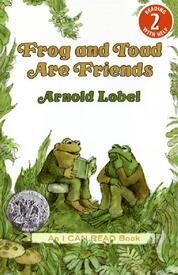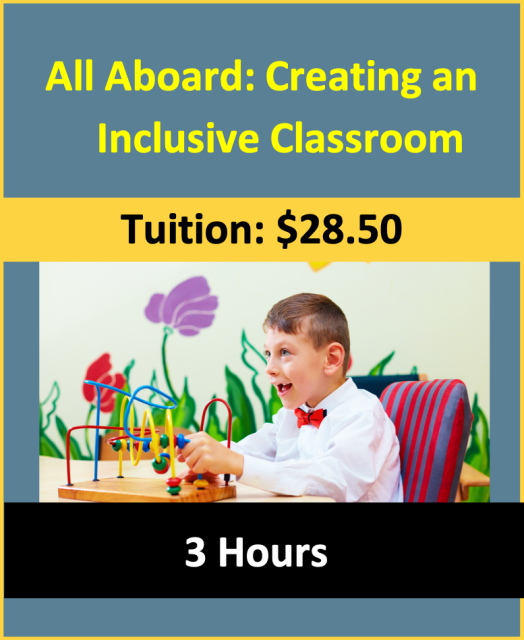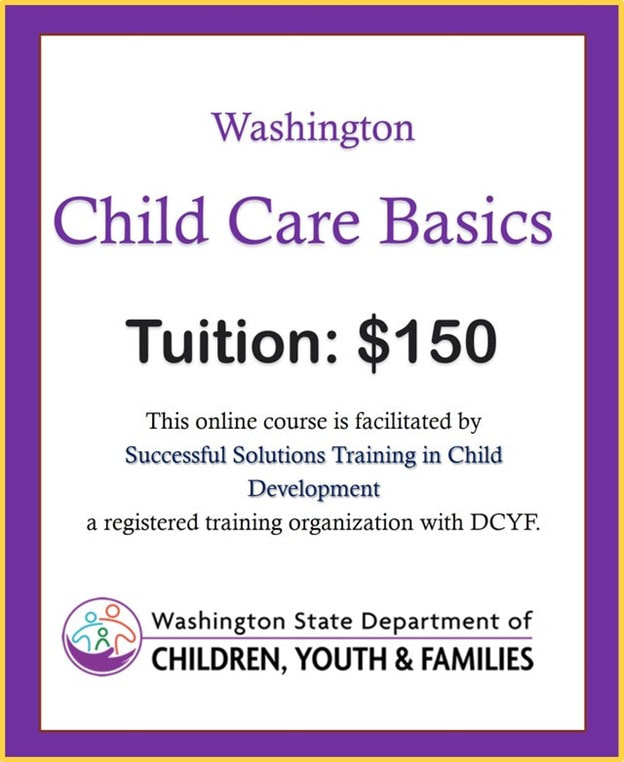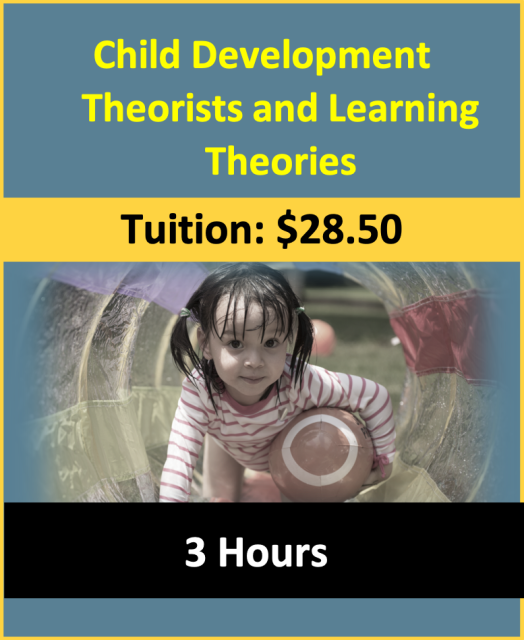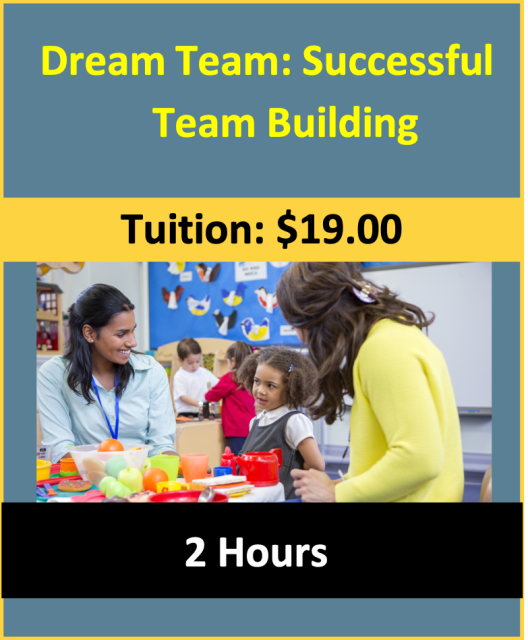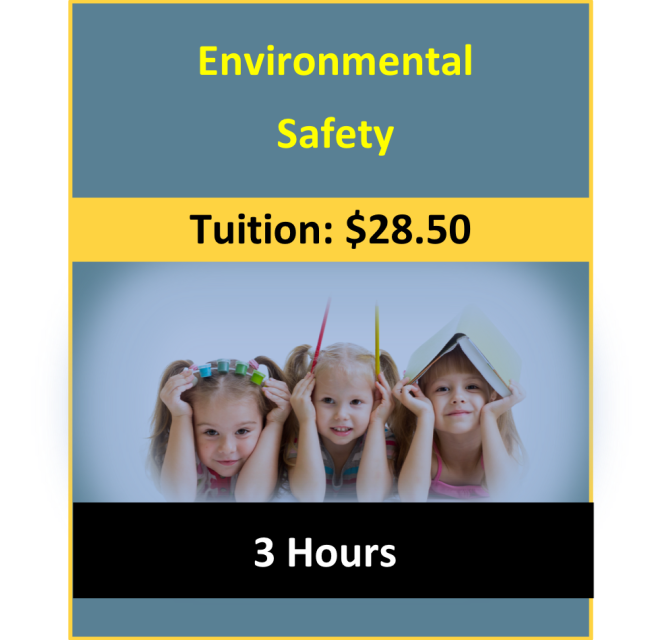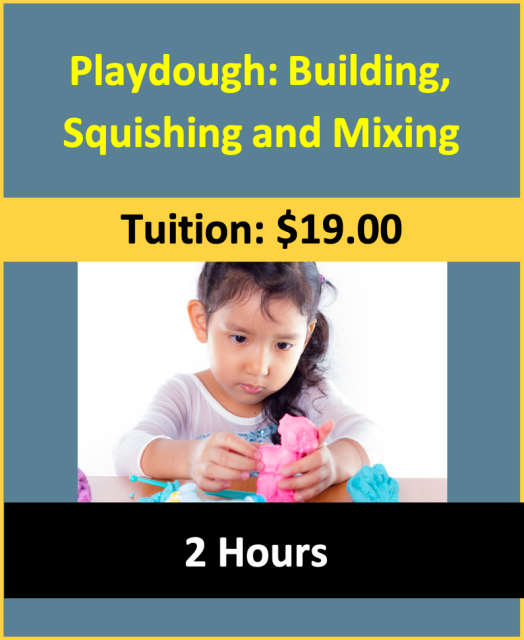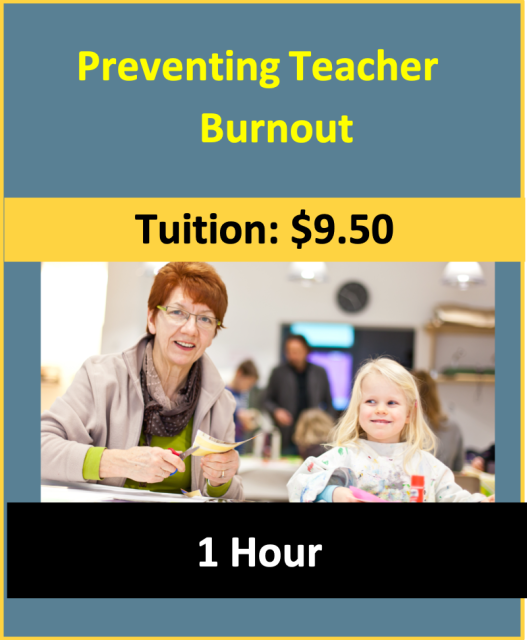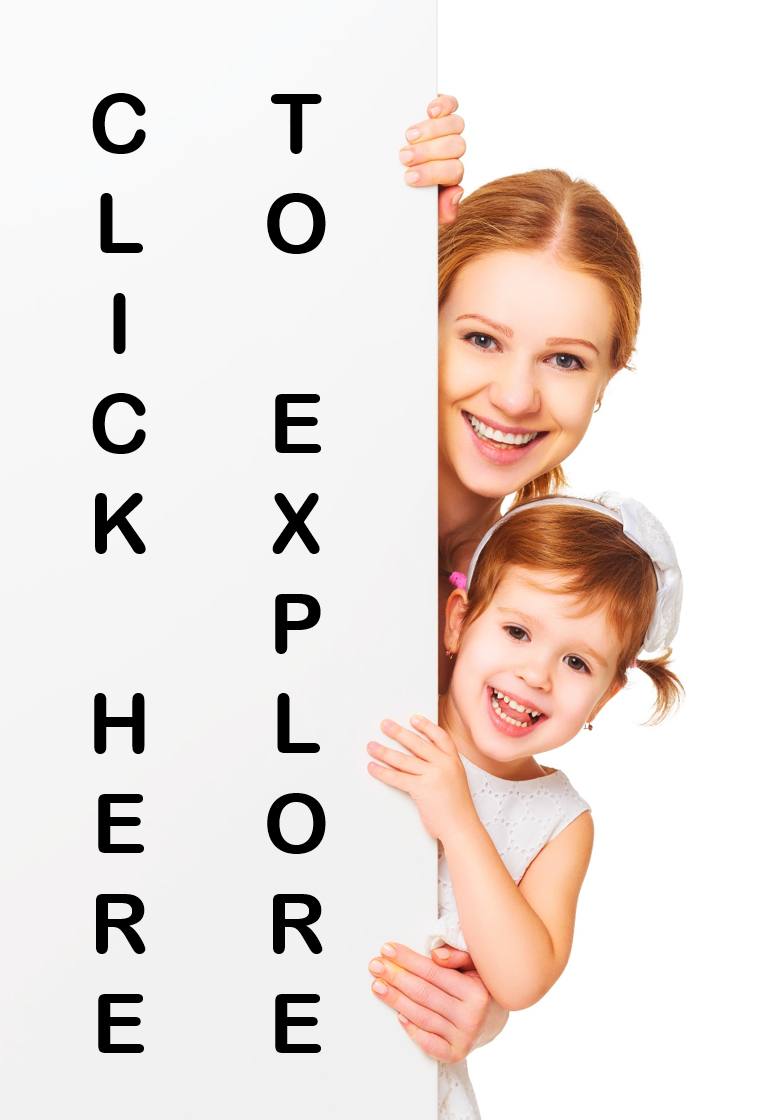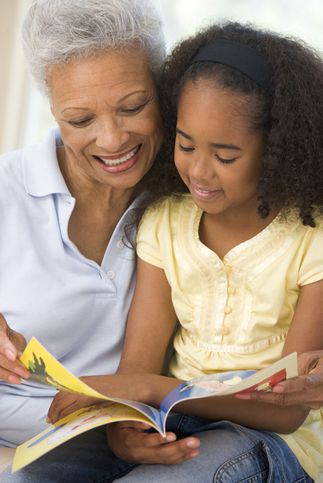Lost Button Activity
Lesson Plan:
Activity:
Lost Button Activity
Lesson plan developed by Ms. Erika Geelhoed, BA Ed
Age Group:
* Lesson plan objective and assessment can be adapted to use this activity with school-age children.
Objectives:
Children will:
- explore problem-solving skills while listening to literature.
II.5.3a
- Candidate’s interactions promote children’s thinking and problem solving
- a) Facilitates children’s thinking and creative problem-solving skills
- a) Facilitates children’s thinking and creative problem-solving skills
Materials:
|
Procedure:
- Read the story The Lost Button from Frog and Toad Are Friends.
- Give the children a handful of buttons including the special white one.
- While listening to the story, the children will eliminate the buttons that do not belong to Toad (for example, a button with two holes, or a square button).
- At the end of the story, they will find out which button belongs to Toad.
Assessment:
- Record children’s ability to eliminate buttons when given information.
Click on the course icon for enrollment information.
Reading Books
Reading books to young children is perhaps the best way to promote language development.
Research has shown that reading to children regularly helps them become better readers later in life. Therefore, it is important for you, as an educator, to recognize the importance of books in the classroom. When sharing books with young children, there are several factors you should keep in mind.
Research has shown that reading to children regularly helps them become better readers later in life. Therefore, it is important for you, as an educator, to recognize the importance of books in the classroom. When sharing books with young children, there are several factors you should keep in mind.
|
4. Book Selection – Always read any book you are going to share with the children ahead of time. That way you can prepare questions and activities that relate to the book. Also, it will help you to analyze whether the book is appropriate for your group. Ask yourself questions such as, “Is the vocabulary appropriate?,” “Are the illustrations eye-catching?” or, “Is the book entertaining?”
Finally, when presenting any type of language activity, be sure that you always model appropriate language. Speak clearly, slowly, and use expression. Remember – children imitate everything!
Finally, when presenting any type of language activity, be sure that you always model appropriate language. Speak clearly, slowly, and use expression. Remember – children imitate everything!
